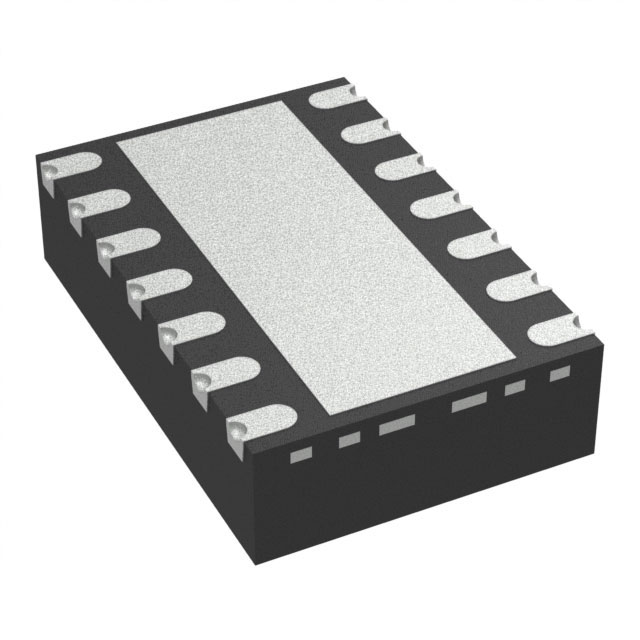TCAN1162-Q1
The TCAN1162-Q1 is a high-reliability CAN transceiver designed for automotive applications, manufactured by Texas Instruments. It operates with a supply voltage range of 3.0 V to 5.5 V and supports data rates up to 1 Mbps, making it suitable for robust communication in electrically noisy environments typical in vehicles. The device features integrated protection against electrostatic discharge (ESD), surge, and short-circuit conditions, ensuring durability under harsh automotive operating conditions.
This transceiver includes a low-power sleep mode with an external wake-up capability, enabling energy-efficient operation in systems where power conservation is critical. Its differential receiver input allows for noise immunity up to ±40 V, enhancing signal integrity on the CAN bus. Additionally, the TCAN1162-Q1 supports both dominant and recessive state monitoring, which improves system diagnostics and fault detection capabilities.
Designed for use in safety-critical automotive systems such as body control modules, infotainment systems, and advanced driver-assistance systems (ADAS), this transceiver complies with ISO 11898-2 standards for medium-speed CAN communication. It also meets AEC-Q100 Grade 1 qualification, confirming its suitability for automotive-grade reliability over a temperature range from –40°C to +125°C.
The device incorporates a built-in current-limiting mechanism and thermal shutdown protection, preventing damage due to overloads or excessive heat. It supports both single-wire and two-wire CAN configurations, offering flexibility in network topology design. With a compact 8-pin SOIC package, it minimizes board space requirements while maintaining high performance and electromagnetic compatibility (EMC).
The TCAN1162-Q1’s internal logic-level shifting eliminates the need for external level translators, simplifying system integration. Its robust design ensures reliable operation in demanding environments, including those with wide supply variations, high vibration, and extreme temperatures. This makes it ideal for applications requiring long-term stability and minimal maintenance, such as engine control units, chassis systems, and telematics modules.
Overall, the TCAN1162-Q1 delivers a combination of high performance, ruggedness, and low power consumption tailored specifically for modern automotive electronics, supporting the increasing complexity and connectivity demands of vehicle networks.
Related Parts
| 부분 # | 제조업체 | 설명 | 유효성 | 가격 | 수량 |
|---|---|---|---|---|---|
 TCAN1162DMTRQ1Drivers, Receivers, Transceivers | Texas Instruments | IC TRANSCEIVER HALF 1/1 14VSON | 2751 | 1+: $1.16579 10+: $1.14534 |







.png?x-oss-process=image/format,webp/resize,h_32)










